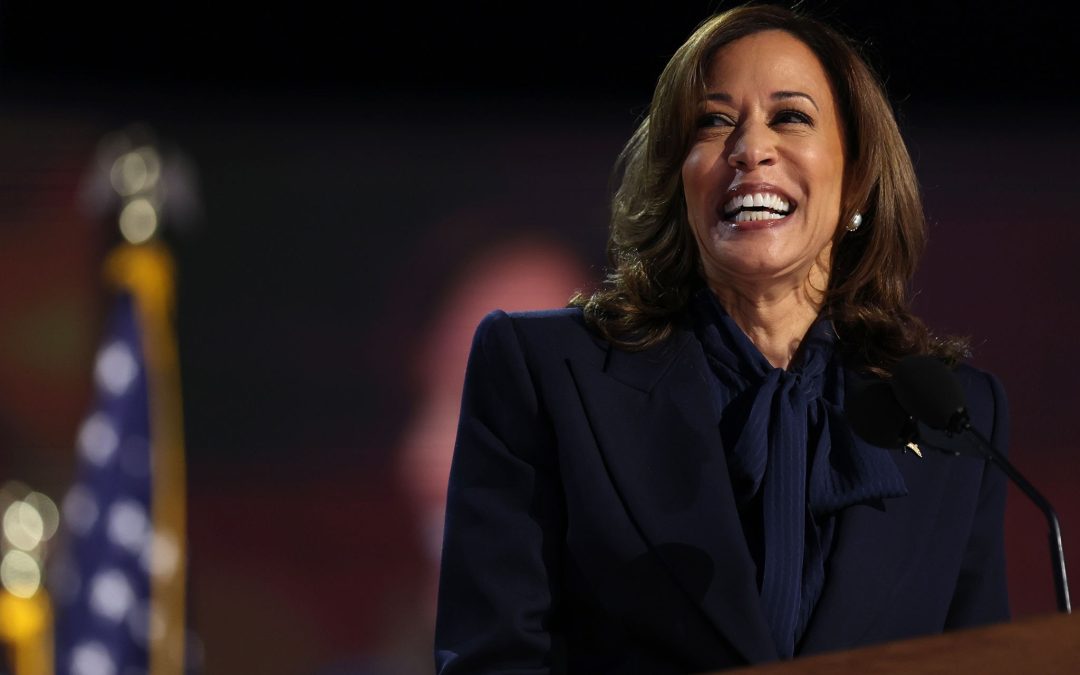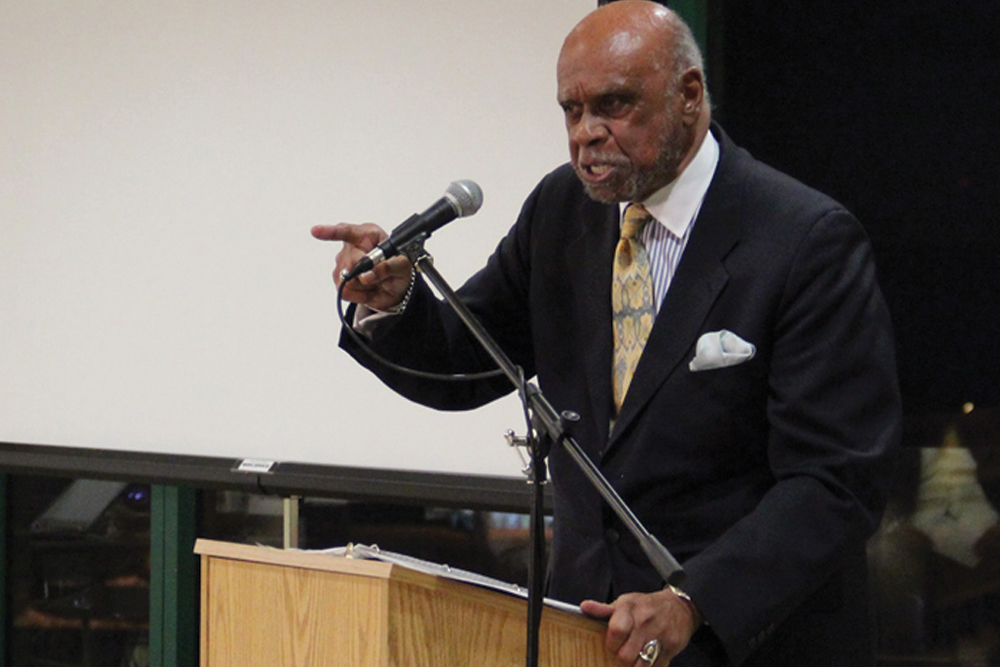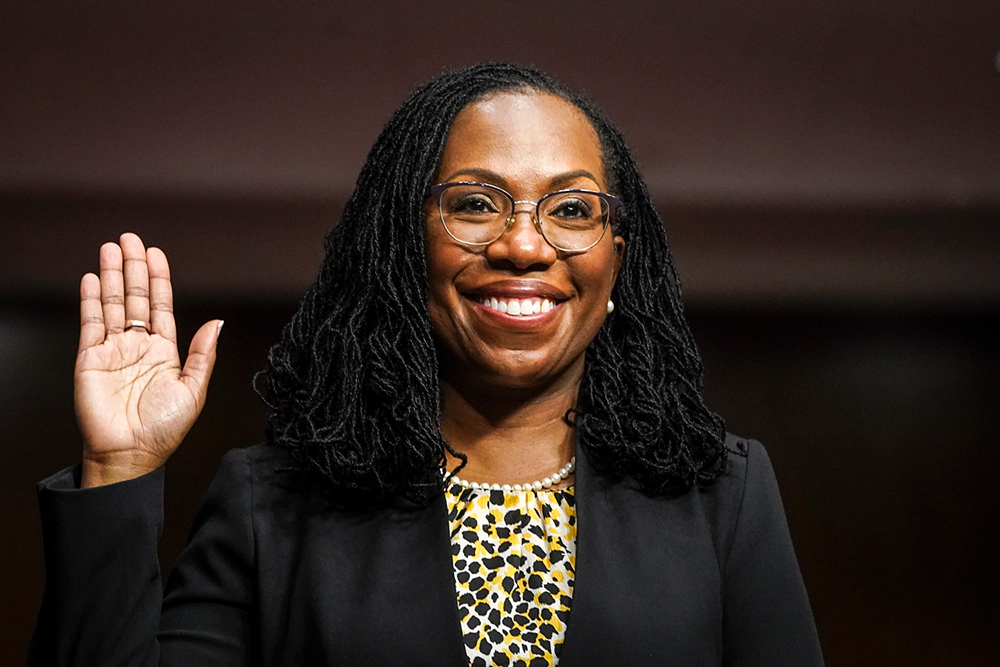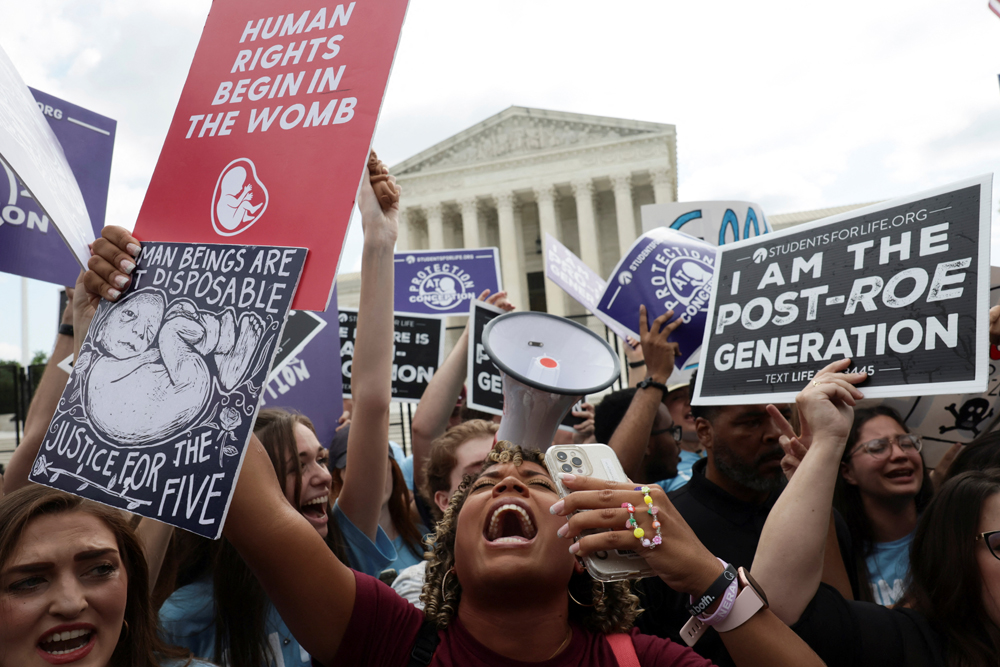In the realms of elections, courtrooms, and our daily lives, gripping narratives unfold. The fundamental question arises: What path is best for our nation’s future – adherence to the rule of law or succumbing to raw power? Has corruption so deeply penetrated our government and democratic institutions that only brute force can rein them in? And what are the implications of such a shift?
It is imperative to grasp the essence of each concept. The “rule of law” embodies the principle that all individuals, including those in positions of authority, must be bound by and respect the law. It champions equality before the law, transparency, predictability, and fair application of laws—indispensable pillars of democratic societies that ensure justice, safeguard individual rights, and preserve order.
In contrast, “raw power” denotes the unbridled use of force or authority, often devoid of constraints, to achieve specific ends or exert control. Unlike the rule of law, which operates within established legal frameworks and moral boundaries, raw power operates outside such confines, employing coercion, manipulation, or intimidation.
Maintaining integrity and principles in the face of entrenched power can be daunting. Many find themselves compromised by economic instability and the erratic behavior of political leaders. Too often, individuals sacrifice their beliefs for acceptance, material gain, and the illusion of power. Upholding traditional values and principles instilled by our upbringing seems increasingly passé and challenging in today’s climate.
Whether on the battlefield for justice or in everyday encounters, we witness the perversion of justice in the nation’s capital. The actions of our leaders contradict the ideals we expect them to uphold – ideals of honesty and fair representation. Instead, they prioritize power dynamics over the rule of law. These actions filter down into everyday interactions, breeding division and hatred where unity should prevail.
These behaviors serve as constant reminders that justice isn’t blind and that delayed justice is still injustice. True leaders understand the importance of dispelling fear rather than perpetuating it. Yet, there’s a private concern that America is on the brink of a modern-day civil war, with public displays of discord among high-ranking officials foreshadowing a bleak future characterized by corruption and ruthlessness.
Numerous societal issues, from racial inequality to declining employment opportunities and the widening wealth gap, loom large. As we navigate a global economy dominated by artificial intelligence, we witness the erosion of higher education, particularly impacting smaller institutions and historically black colleges and universities (HBCUs).
Even moments of quiet reflection can be unsettling, as the realities of everyday life – the violence plaguing neighborhoods and highways – encroach upon our peace. The choice between the rule of law and raw power weighs heavily in these moments.
In conclusion, the imperative remains clear: Justice must remain impartial. Democracy must persevere. We must not yield to the allure of raw power and fear.
In conclusion, upholding the rule of law is paramount. It serves as the bedrock of democracy and societal order, emphasizing the need for accountability and transparency in governance.







